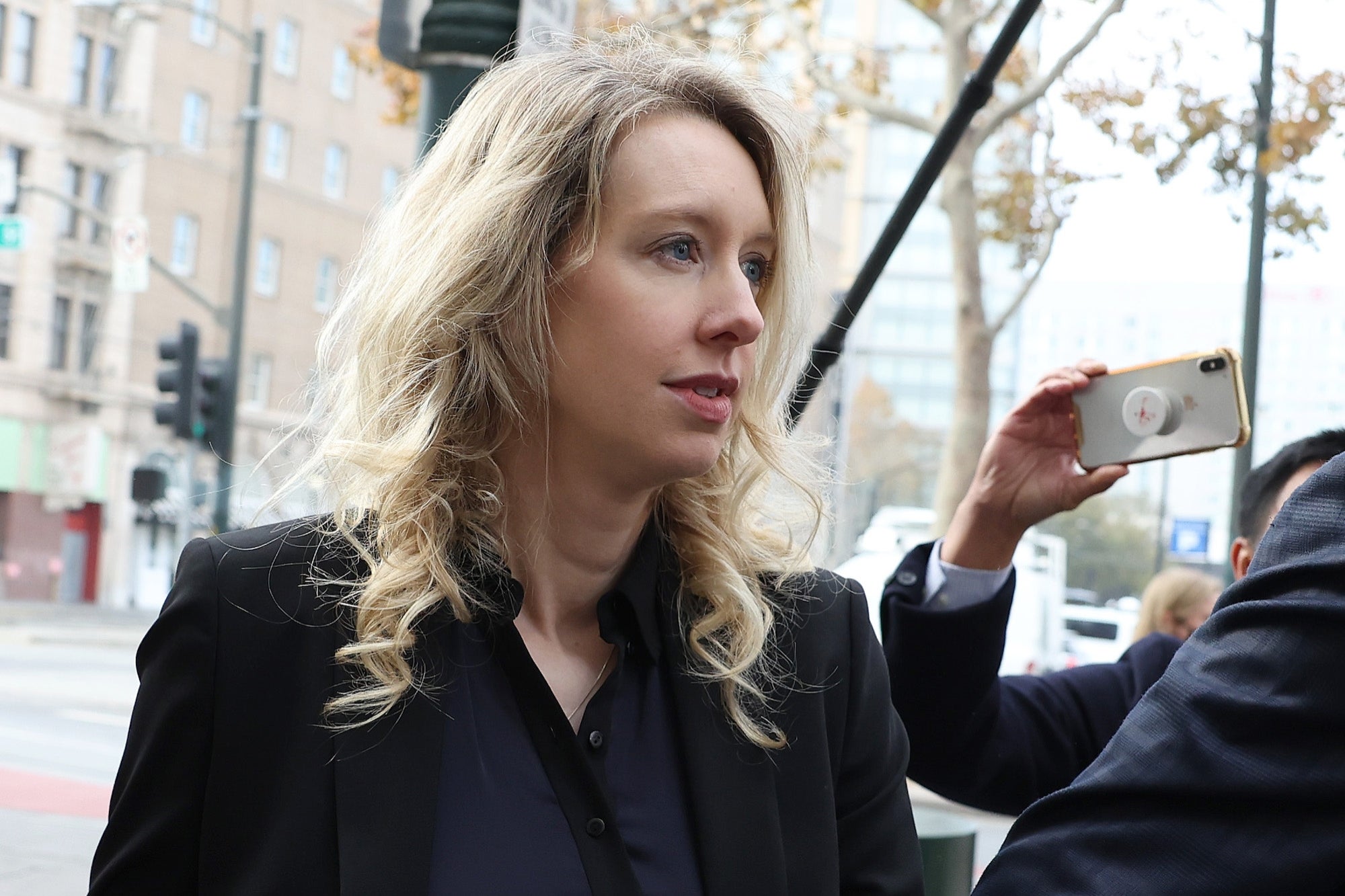How to Become a Category Leader
The co-founders of Akeyless discuss their explosive growth and how their technology platform is simplifying access and management of a company's secrets.

By Jessica Abo •
The co-founders of Akeyless created their technology platform to simplify access and management of a company's secrets -- in other words, their credentials, certificates, and keys. Today, the Akeyless team consists of more than 80 people, and the company has received more than $80M in funding, which includes their $65M Series B from November 2022. Two of the company's three co-founders, Oded Hareven and Shai Onn, sat down with Jessica Abo to talk about their explosive growth and what it takes to become a category leader.
Jessica Abo: Oded, can you tell us a little bit about Akeyless and how it works?
Oded Hareven:
Akeyless is an Israeli cybersecurity startup in the realm of secrets management, which is a subsection of cloud security. What we are protecting are passwords for machines, applications, as well as for humans. The notion of secrets management and the background of this market was as a result of the move to the cloud – the infrastructure [for] cloud resources. And where companies have become more and more aware of the efficiency of [the] cloud, there has been a great increase in the number of those passwords that machines are actually using. And this basically is the background behind secrets management and why it is needed, and we have developed a service that provides it.
Shai, Let's talk a little bit about your growth since starting the company.
Shai Onn:
In the last three, four years, we have grown significantly year-on-year, doubling our workforce and also increasing our customer base and revenue. The importance of cloud security and the increased awareness [of] secrets management has helped us very much to basically grow and expand our business. And we believe that we are at the right time, with the right technology to address the growing needs for secrets management.
And when did you have the aha moment that you wanted to bring the idea for this company to market?
Hareven:
We started with encryption keys management technology, and we tried to validate that with the market, meaning talking with a lot of potential customers, friends, colleagues, professionals, practitioners. They were very much interested, particularly with protecting passwords, meaning to use our technology in order to encrypt those passwords. And while we saw that again and again, we actually understood that in this market there's a major gap where there's one major player and there is no other good alternative. And we understood that using our technology, we are basically perfectly positioned to compete and practically win over the existing player.
And pulling back the curtain for a second, what are some of the things that you have learned when it comes to steering and managing a company?
Onn:
The technology world is changing all the time. It's very dynamic and you can have a lot of ideas along the way, and it's, I would say, quite easy to divert attention to side issues because everything seems interesting, whatever. To stay focused on a target and to be determined about accomplishing it, is very, very important in this time and age. As I like to say, the toughest decision is not what to do, it's what not to do.
It sounds like really focusing on avoiding that shiny object syndrome is key. When it comes to co-founders, what have you learned about working with each other?
Onn:
Working with co-founders is based on trust and friendship and definitely mutual respect for each other's capabilities. Just having the capability and friendship is not enough, if you do not trust each other. If the capabilities are not there, then this is not a business. And friendship is important because you want to go to someplace every day and feel comfortable and feel that you like to do it and not just you have to do it or whatever. Again, friendship, trust, and having capabilities is very, very important. And without it, then it will be very, very difficult to succeed.
Oded, talk to us a little bit about the key strategies that you've implemented to become a category leader.
Hareven:
The technology and the product that we have designed, we basically looked at the existing leading solution and we saw that there are major points there that we can do better. Better adjust ourselves to enterprise use, better provide something that would be more flexible, easier to use, faster to deploy, as well as more effective in terms of costs. So this is where it starts – to basically do better. But to be very honest with you, this is not everything because you need to actually talk the business talk. We had to think who would be the best targets for us and what kind of approach we would take to go to market.
We have decided to focus on enterprises, and that decision, I believe, was one of the most successful decisions that we've made. Right from the start, it was kind of a harmony between all the three founders that we would like to work with people that we enjoy working with, that they are very much professional with what we do, and they have a great passion. We have been able to be successful on that and being able to hire the right people to join us as a group.
I want to switch gears for a second and talk about fundraising. What advice do you have for leaders out there who are about to embark on their Series B?
Hareven:
First of all, never give up because sometimes you find yourself in a situation where investors might not necessarily understand exactly what it is that you do or the potential. You find yourself in a situation where you need to explain some things that might not necessarily be things that they see. Sometimes it's also a good indication of the fact that they might not be the right ones. This is basically what we saw. The ones that have understood exactly where we are going, they understood the potential, they've done their homework, that was a great indication to see that they're going to be great partners to our road.
Finally, Shai, what do you want to say to the founders out there who are facing steep competition?
Onn:
You need to think big, although you are small. You need to set the standards when it's early, even though you think this is not exactly necessary, but this is very important. Building a company's DNA, company culture, company values, from day one is absolutely important because this will help you to scale and to become a category leader. A category leader is not just about technology, it's about how you behave as a company. It's about customer service. It's about how you treat people. It's about how you approach sales, how you do marketing. All of that needs to have the appropriate people, appropriate culture, appropriate procedures. So, although the company is still small, you need to have those things in place, the DNA of the people that will help you to scale and to grow.














